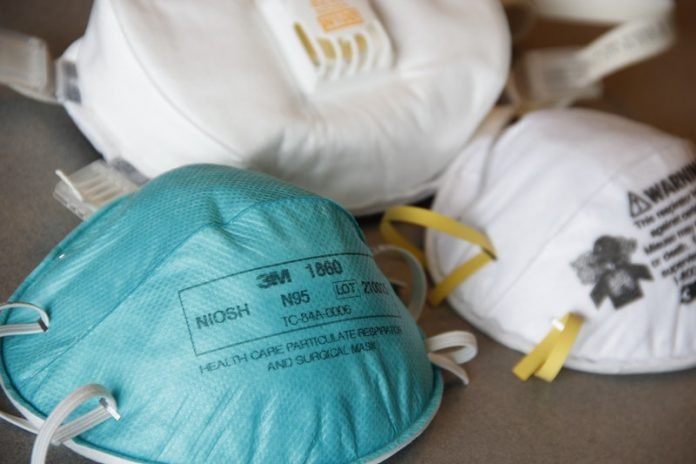
Entering a third year of the COVID-19 pandemic and the latest infection surge nationwide comes with many challenges.
One of those is for a continued adequate supply of masks, including the often used N95 respirator masks for healthcare and other settings.
In a new study from Stony Brook University, researchers discovered that a readily available method using dry ovens can be used to disinfect N95s for reuse, in settings where new masks may not be available.
To combat any shortages of N95 masks during the pandemic, many institutions were forced to search for other alternatives to protect health care providers and their patients.
In the study, the team demonstrated that treatment of N95 face masks using dry heat was sufficient to inactivate COVID-19, while preserving the ability of these masks to filter aerosolized particles for potentially exposed workers.
Since heat is potentially more readily accessible than other methods of decontamination in many healthcare facilities, the researchers used dry heat sterilization to disinfect the masks.
By contrast, other methods for disinfection, including treatment with hydrogen peroxide vapor, may be equally effective in specially equipped facilities but are usually not available in most hospitals or outpatient clinical care facilities.
The team also tested autoclaving, which is widely available in most hospitals and is a proven method of sterilization but found that this caused the fit of the respirator onto the user’s face to fail.
Thus, the researchers ruled out autoclaving as a safe method to decontaminate N95 masks.
The team emphasizes that the findings highlight the importance of both optimal disinfection and mask fit and suggest that when no other decontamination alternatives are available, N95 masks can be reused after dry heat treatment to ensure the safety of health care workers.
If you care about Covid, please read studies about most effective face-mask practices to reduce spread of COVID-19, and drug combo that could effectively fight COVID-19.
For more information about health, please see recent studies about maximum risks of COVID infection with and without masks, and results showing that Omicron may not be the final variant, but it may be the final variant of concern.
The study is published in PLOS ONE. One author of the study is Kenneth Shroyer, MD, Ph.D.
Copyright © 2022 Knowridge Science Report. All rights reserved.



